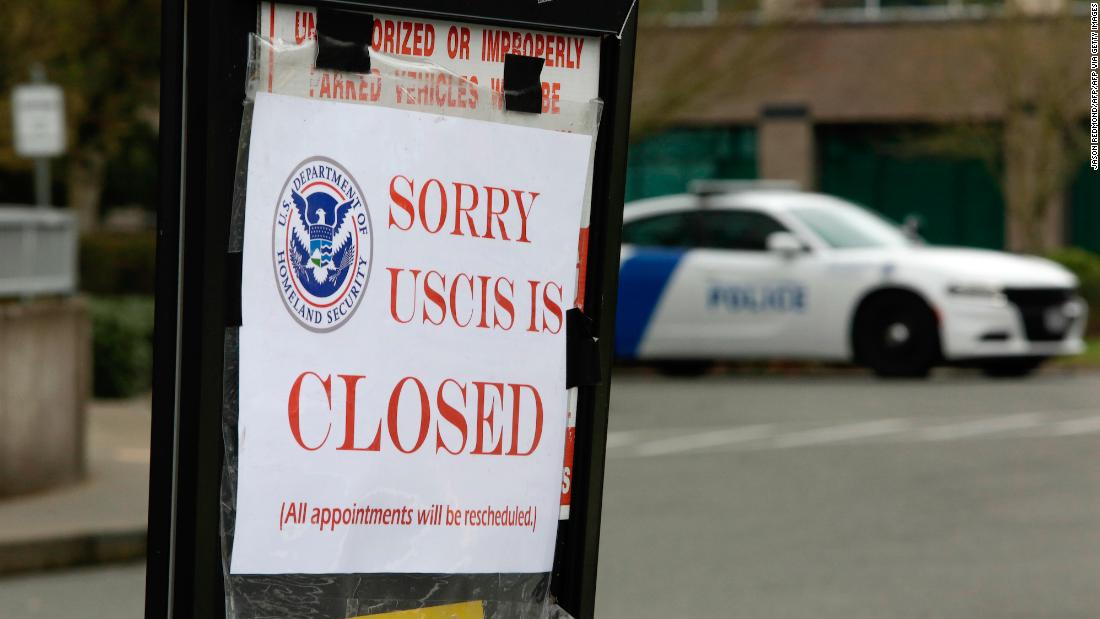Congress appears to be on track to trigger a government shutdown on October 1, 2023, because it is not expected to pass the 12 appropriations bills that fund government operations before the start of the new fiscal year. During a shutdown, personnel funded by annual congressional appropriations are furloughed and not permitted to work. Exceptions are made for “essential” personnel. And the shutdown doesn’t apply to positions funder by user fees rather than annual appropriations.
Here is how a shutdown is likely to impact the work of immigration agencies:
U.S. Citizenship and Immigration Services (USCIS): During the 2019 shutdown, USCIS continued to operate as usual, including accepting and adjudicating immigration-related applications and petitions. Biometrics appointments and interviews continued to be scheduled. The reason USCIS personnel continued working is that their positions are funded by user fees. (An exception is that E-Verify services are funded from the budget and were be suspended.) A 2023 shutdown would likely be treated similarly.
Department of State (DOS): During the 2019 shutdown, the agency continued scheduled passport and visa services in the United States and at U.S. Embassies and Consulates overseas. Also, the National Visa Center, National Passport Information Center, and Kentucky Consular Center still accepted telephone calls and inquiries from the public. A 2023 shutdown would likely be treated similarly. But there is a chance that applications filed during this period may experience delays in processing. So, it’s advisable to plan ahead and apply early.
Customs and Border Protection (CBP):
- CBP officials operating ports of entry are considered to be “essential.” Ports of entry will remain open, and inspection of noncitizens seeking to enter the U.S. will continue.
- Global Entry appointments for enrollment are likely to be cancelled.
- TSA PreCheck applications will likely be accepted.
- The Admissibility Review Office (ARO) is likely to close. As such, Forms I-192, Application for Advance Permission to Enter as a Nonimmigrant, will no longer being accepted at CBP ports of entry nationwide. And ARO adjudication of nonimmigrant visa waivers recommended by U.S. embassies and consulates will be delayed.
Tax Transcripts: During the 2019 shutdown, IRS stopped providing tax return transcripts.
Security Checks: Adjudication of cases by USCIS and DOS rely on security checks completed by other federal agencies, such as the CIA and Department of Defense. Security checks may be delayed by the shutdown.
Our law firm will be monitoring the effects of a government shutdown and will send updates as we receive more news.


Leave a Reply